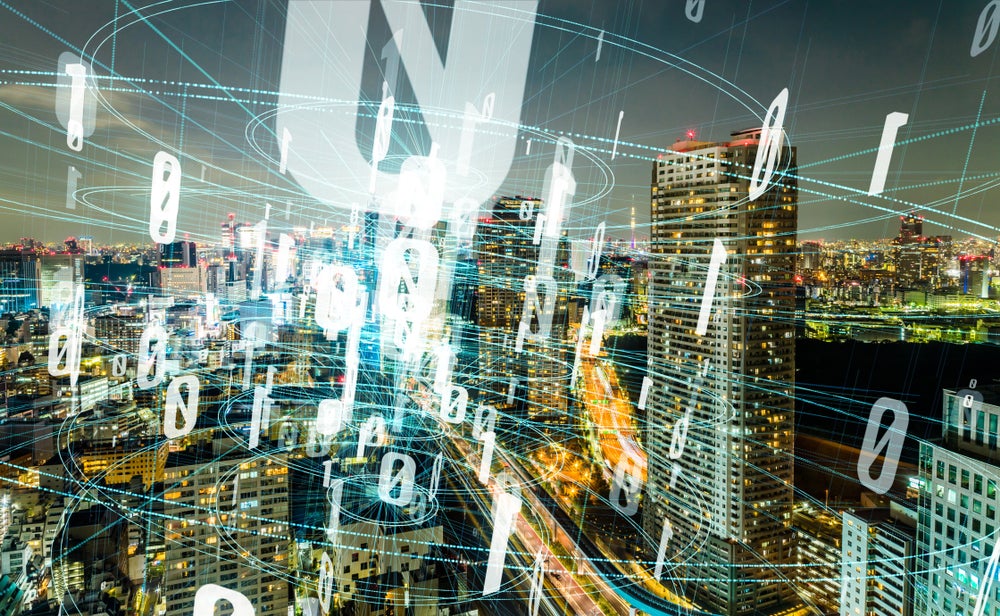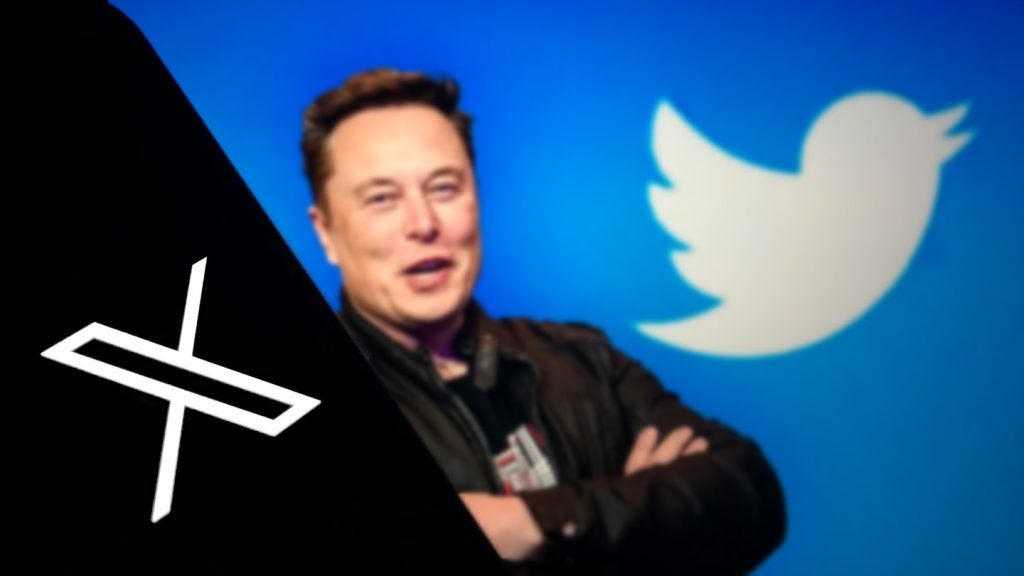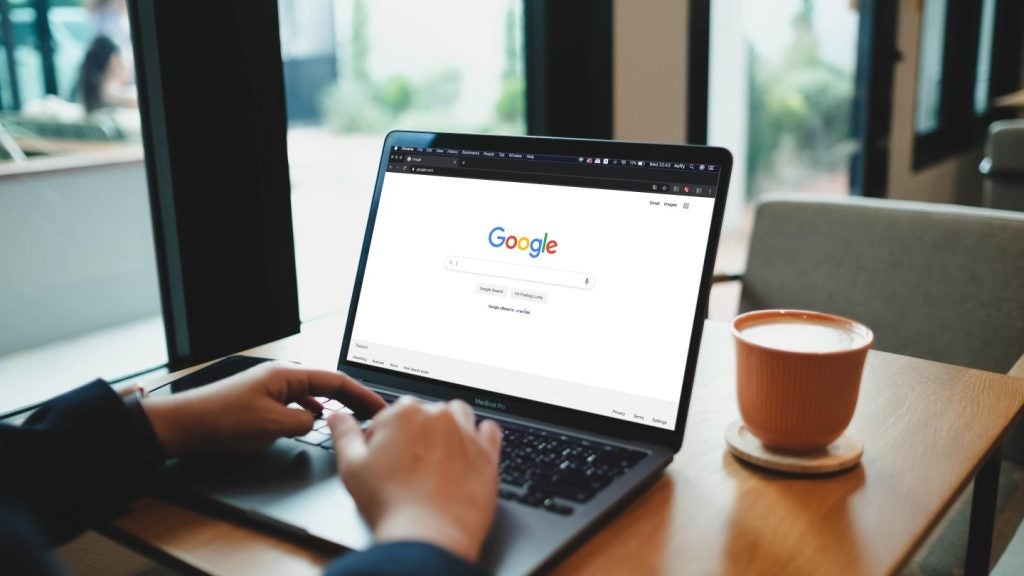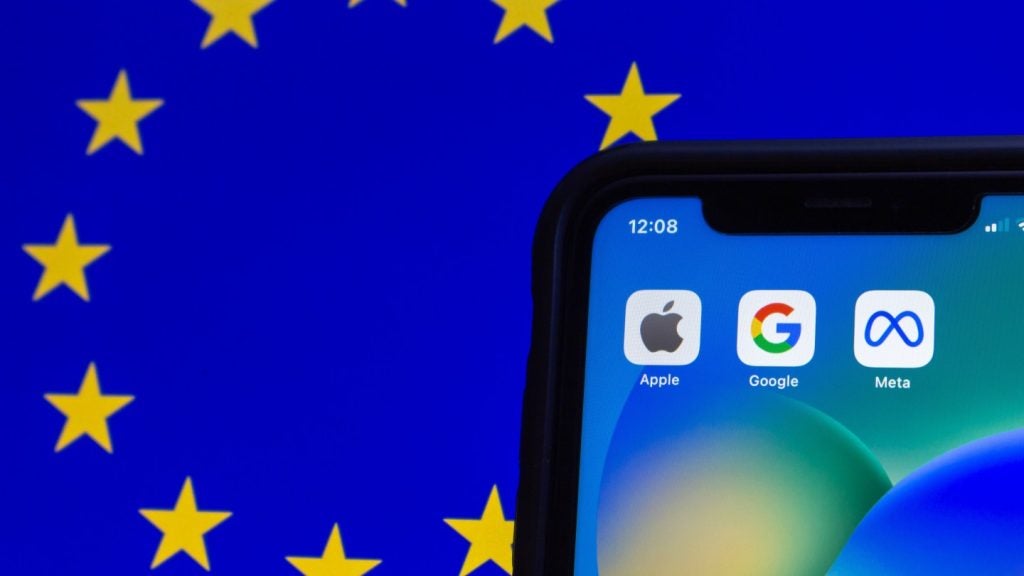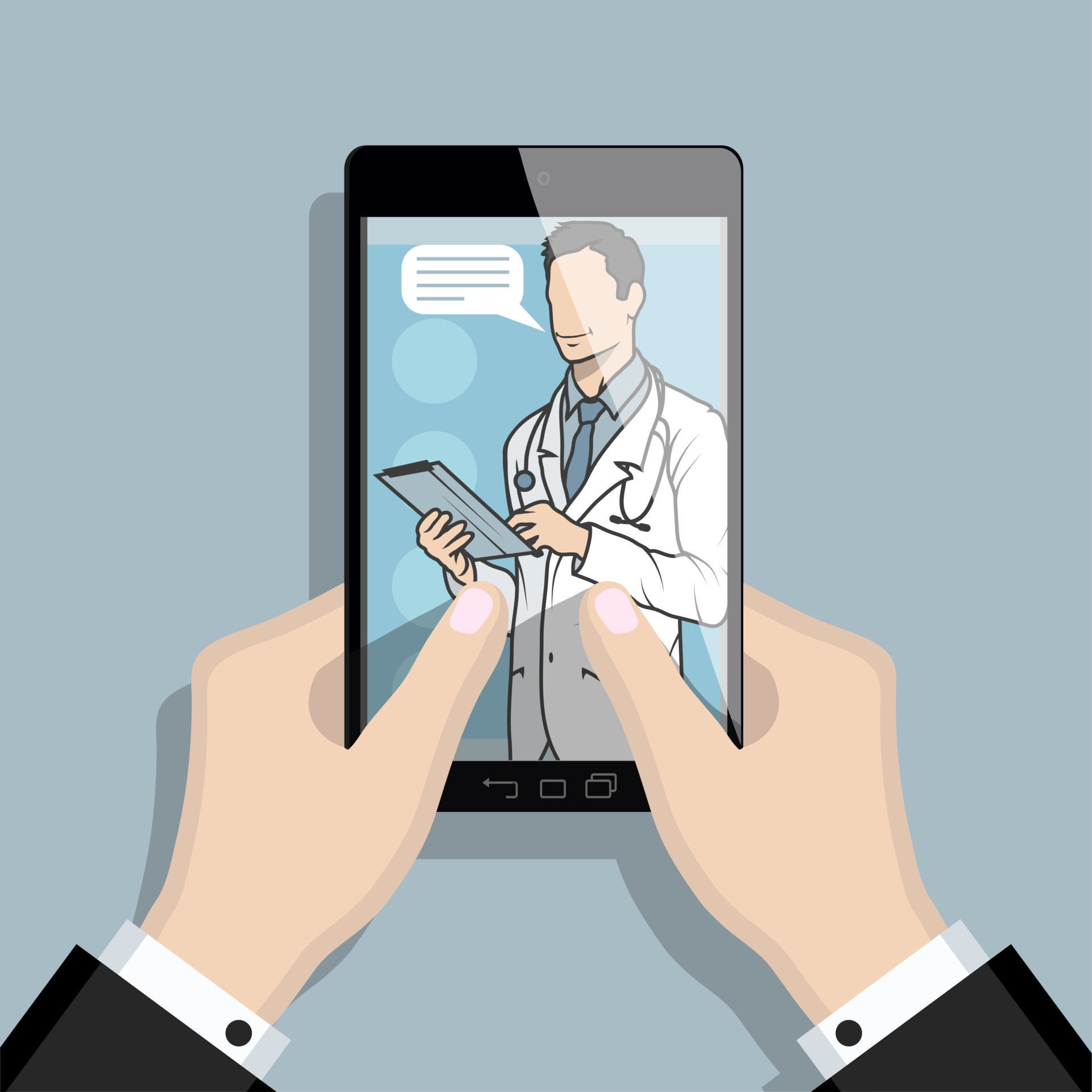
The switch to “remote by default” GP appointments, as proposed by health secretary Matt Hancock, could have a huge impact on “both the patient experience and in enabling GPs to facilitate more appointments”.
In a speech on how the healthcare sector has responded to the pandemic delivered to the Royal College of Physicians last week, Hancock said that remote GP appointments or tele-consultations should be the first port of call “unless there’s a compelling clinical reason not to”.
Hancock also said that it was “patronising” to assume that “anyone over the age of 25 simply could not cope with anything other than a face-to-face appointment”.
The Covid-19 pandemic has seen an uptick in remote appointment services. According to NHS figures, 99% of GP practices are now activating remote consultation platforms, with over 70% of routine appointments carried out remotely during the four weeks prior to 12 April, and 48% of appointments in May conducted over the phone. Hancock explained that although the NHS will be “ready and waiting to see you in person” patients should get in contact via the web or phone in advance.
However, while it is important to explore new ways of working in the wake of the pandemic, some have warned that remote consultations could alienate those without access to the necessary technology or those with learning disabilities or complex health needs.
Richard Billington, chief technical officer at Netcall, has also highlighted the importance of effective technology to rollout such solutions.
How well do you really know your competitors?
Access the most comprehensive Company Profiles on the market, powered by GlobalData. Save hours of research. Gain competitive edge.

Thank you!
Your download email will arrive shortly
Not ready to buy yet? Download a free sample
We are confident about the unique quality of our Company Profiles. However, we want you to make the most beneficial decision for your business, so we offer a free sample that you can download by submitting the below form
By GlobalData“Matt Hancock’s recent call for all GP consultations to be remote by default comes as no surprise, given the shift in communications since the pandemic started. According to statistics, during lockdown, 95% of GP respondents were providing remote consultations, with 88% wanting greater use of remote consultations to continue in future. With video calls offering greater communication and understanding than a phone call, and taking less time (or travel) than a physical meeting, video consultations can have a huge impact on both the patient experience and in enabling GPs to facilitate more appointments,” said Billington,
“For practices looking to utilise video, the next step is setting up an effective application to manage those calls. Here, a video widget can be a simple and cost-effective solution. Thanks to the ease of modern PaaS technologies such as low-code, which allows everyday business users to develop applications without the need for technical skill, these widgets can be designed and developed in house, with minimal intervention from the IT department.”
Read more: Remote monitoring harnesses AI to detect Covid-19 deterioration.



